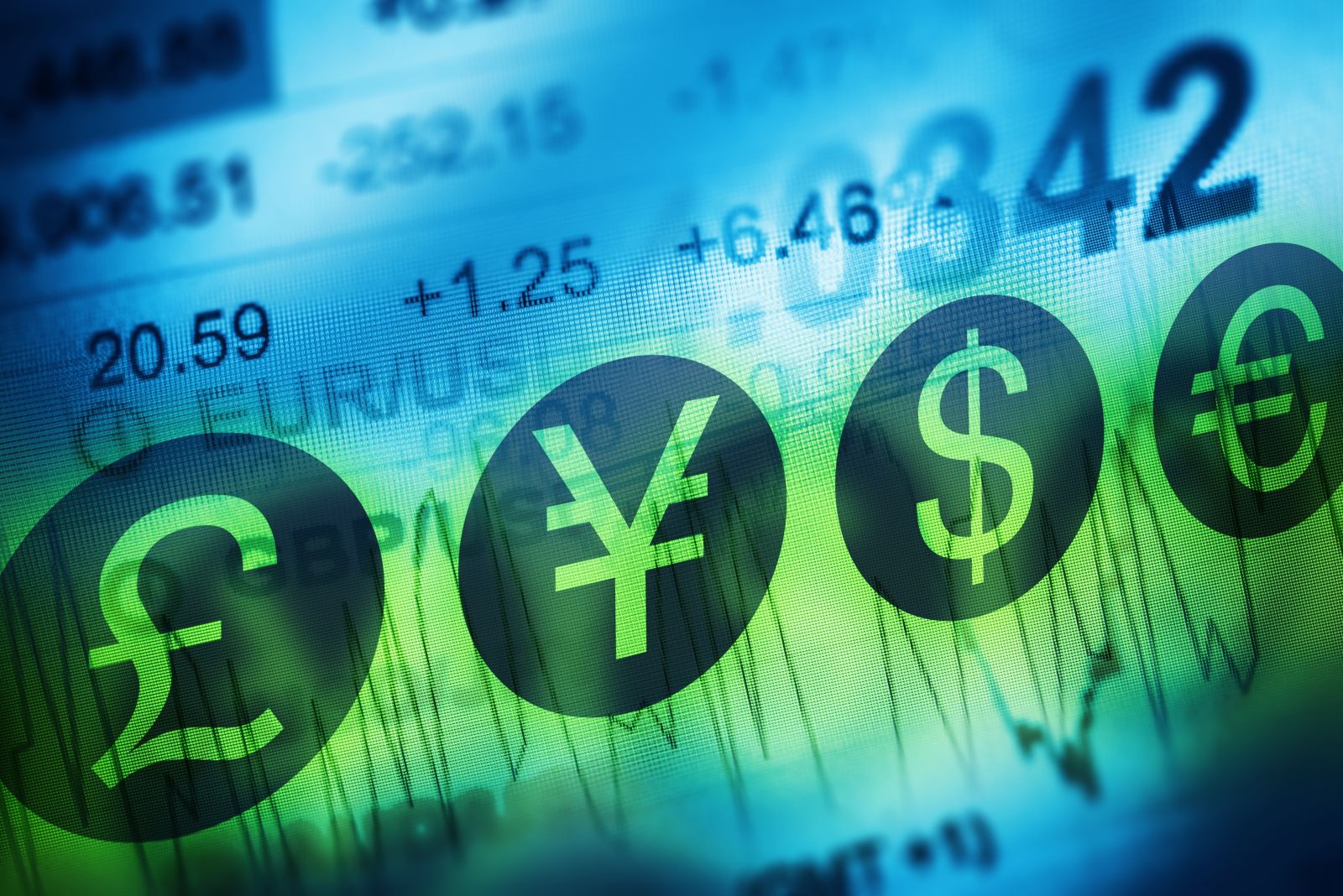
The dollar index (DXY00) Wednesday fell by -0.20%. The dollar on Wednesday gave up an early advance and fell to a 1-week low as the ceasefire continues to hold between Israel and Iran, reducing safe-haven demand for the dollar. Also, Wednesday’s weaker-than-expected US new home sales report was negative for the dollar.
The dollar initially moved higher Wednesday on hawkish Fed comments from Kansas City Fed President Schmid, who said the Fed should wait to see how tariffs and other policies impact the economy before adjusting interest rates. Mr. Schmid’s comments echoed hawkish remarks this week from other Fed officials, including Fed Chair Powell, New York Fed President Williams, and Atlanta Fed President Bostic, who stated that they are in no hurry to cut interest rates.
US May new home sales fell -13.7% m/m to a 7-month low of 623,000, weaker than expectations of -6.7% m/m to 693,000.
Fed Chair Powell stated that policymakers don’t need to rush and lower interest rates, as recent economic data is backward-looking and many economists expect “a meaningful increase in inflation” over the course of this year due to tariffs.
Late Tuesday evening, Kansas City Fed President Schmid said the current “wait and see” monetary policy posture is appropriate as the Fed should wait to see how tariffs and other policies impact the economy before adjusting interest rates.
The markets are discounting the chances at 25% for a -25 bp rate cut after the July 29-30 FOMC meeting.
EUR/USD (^EURUSD) Wednesday rose by +0.47%. The euro recovered from early losses on Wednesday and rallied to a 3-1/2 year high. The dollar gave up an early advance on Wednesday and turned lower, boosting the euro. The euro also garnered support from Wednesday’s economic news that showedEurozone May new car registrations rose by the most in five months, a sign of strength in consumer spending.
Eurozone May new car registrations rose +1.6% y/y to 927,000, the biggest increase in five months.
Swaps are discounting the chances at 9% for a -25 bp rate cut by the ECB at the July 24 policy meeting.
USD/JPY (^USDJPY) Wednesday rose by +0.15. The yen was under pressure Wednesday as the current ceasefire between Israel and Iran is holding, which has reduced safe-haven demand for the yen. Also, the summary of the June 16-17 BOJ meeting was dovish and negative for the yen as policymakers said it was appropriate to keep interest rates unchanged.
The yen recovered most of its losses Wednesday after T-note yields turned lower. Also, supporting the yen was Wednesday’s news that Japan’s May PPI services prices rose more than expected, a hawkish factor for BOJ policy. In addition, hawkish comments from BOJ Board member Tamura were bullish for the yen when he said the BOJ may still raise interest rates despite economic uncertainty.
Japan May PPI services prices rose +3.3% y/y, stronger than expectations of +3.1% y/y.
The Japan Apr leading index CI was revised upward by +0.8 to 104.2 from the previously reported 103.4.
BOJ Board member Tamura said it may be necessary for the BOJ to raise interest rates if inflation risks rise, despite economic uncertainty.
The summary of opinions from the June 16-17 BOJ policy meeting stated that board members said uncertainty is extremely high and that it’s appropriate to maintain monetary policy for the time being.
August gold (GCQ25) Wednesday closed up +9.20 (+0.28%), and July silver (SIN25) is up +0.379 (+1.06%). Precious metals moved higher on Wednesday after the dollar gave up an early advance and turned lower. Tariff concerns are also boosting safe-haven demand for precious metals with only two weeks to go until the 90-day pause on President Trump’s reciprocal tariffs expires on July 9. Fund buying of gold and silver continues to support prices as gold holdings in ETFs rose to a 1-3/4 year high Tuesday, and silver holdings in ETFs rose to a 2-3/4 year high.
Gains in precious metals were limited on Wednesday as the Israel-Iran ceasefire curbed safe-haven demand for precious metals. Also, hawkish central bank comments were negative for precious metals. Fed Chair Powell stated that policymakers don’t need to rush and lower interest rates, and Kansas City Fed President Schmid said he favored the Fed holding interest rates steady. In addition, BOJ Board member Tamura said the BOJ may need to raise interest rates despite economic uncertainty.
On the date of publication, Rich Asplund did not have (either directly or indirectly) positions in any of the securities mentioned in this article. All information and data in this article is solely for informational purposes. For more information please view the Barchart Disclosure Policy here.






